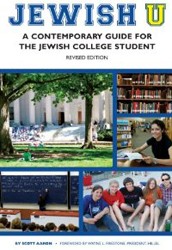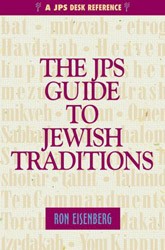The purpose of this fascinating collection of essays is to facilitate interfaith dialogue. Through useful hands-on essays crafted by religious thinkers and leaders who are entrenched and experienced in interfaith dialogue, the editors have created a book of recipes, some of which will undoubtedly fail and some of which may succeed. The book is 100% practical; it deals with theoretical issues only in the context of practical applications. Success or failure depends on the environment, the participants, time constraints, and the strength of will of those people involved in the process to see their mission succeed. In one appendix, Rev. Francis Tiso dictates the “Dialogue Decalogue.” He lists his Ten Commandments of interfaith meetings:
1. the primary purpose is to learn2. must be two-sided
3. must come with honesty
and sincerity
4. must only compare ideals to
ideals, not ideals to practice
5. must define oneself
6. no hard and fast assumptions
7. dialogue can only take place
between equals
8. mutual trust
9. must also be self critical
10. must attempt to experience
other religion from within
Only after these rules are followed, he cautions, can real dialogue, learning, and mutual understanding take place.





